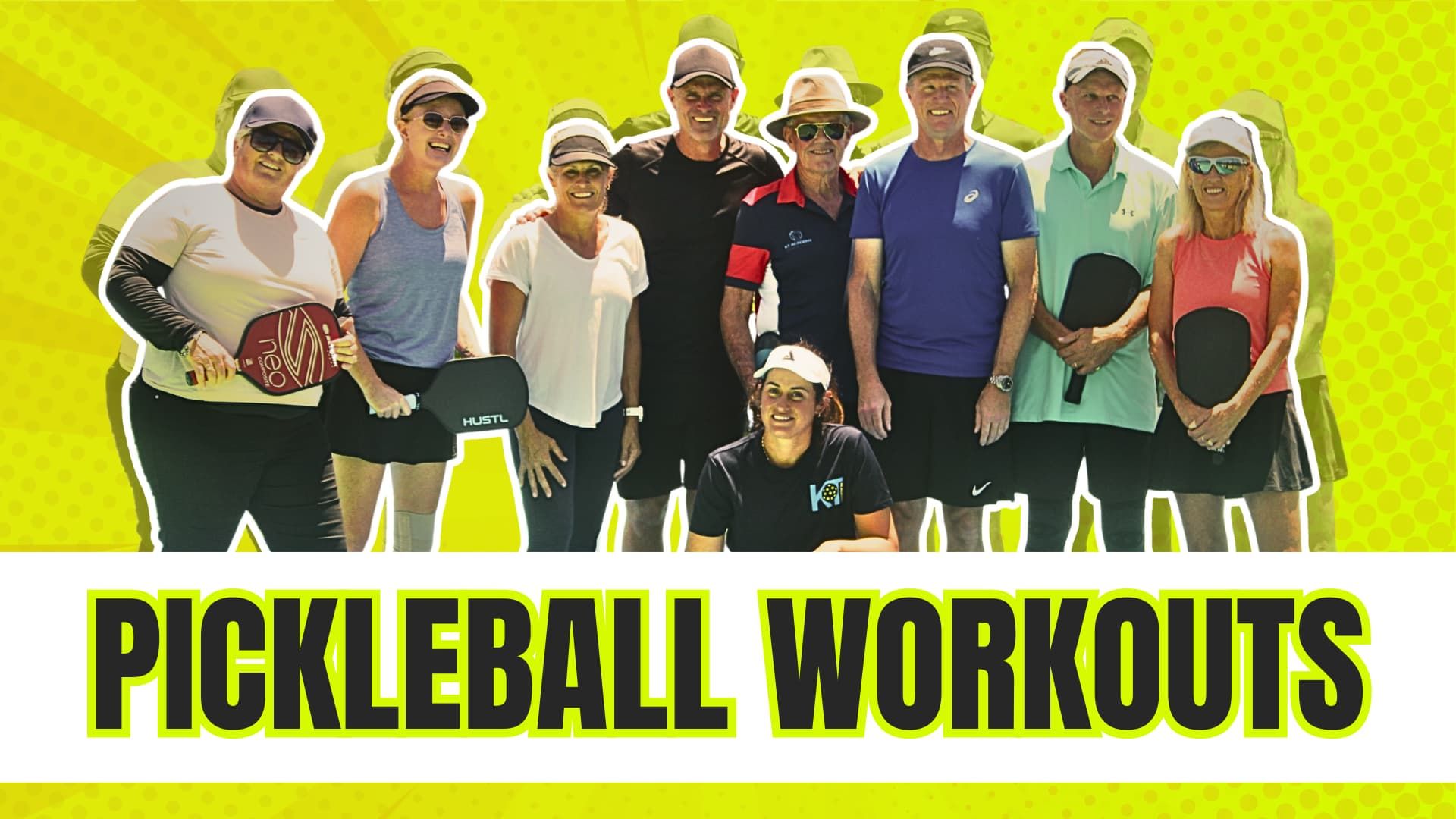5 Must-Do Pickleball Footwork Drills to Instantly Improve Your Game
Jun 15, 2025Most players waste valuable time doing random workouts without truly understanding the fundamentals of pickleball movement. If you’ve ever felt a step behind or out of position during a match, it could be your footwork holding you back.
In fact, mastering pickleball footwork could be the single biggest game-changer for your performance. Let’s walk through the movement framework that we use with top players to improve on-court speed, reaction, and coordination.
You might not move like Ben Johns (yet), but if you follow the structure outlined below, you’ll see real improvements in just 4 weeks—even with just two focused sessions per week.
We’re sharing the proven “Pickleball Fitness, Martin Method” movement patterns that have helped hundreds of players move better, react quicker, and win more. It works at every level—from casual social players to elite tournament competitors.
Here are the 6 essential pickleball footwork drills you need to know.
1. Prep Step
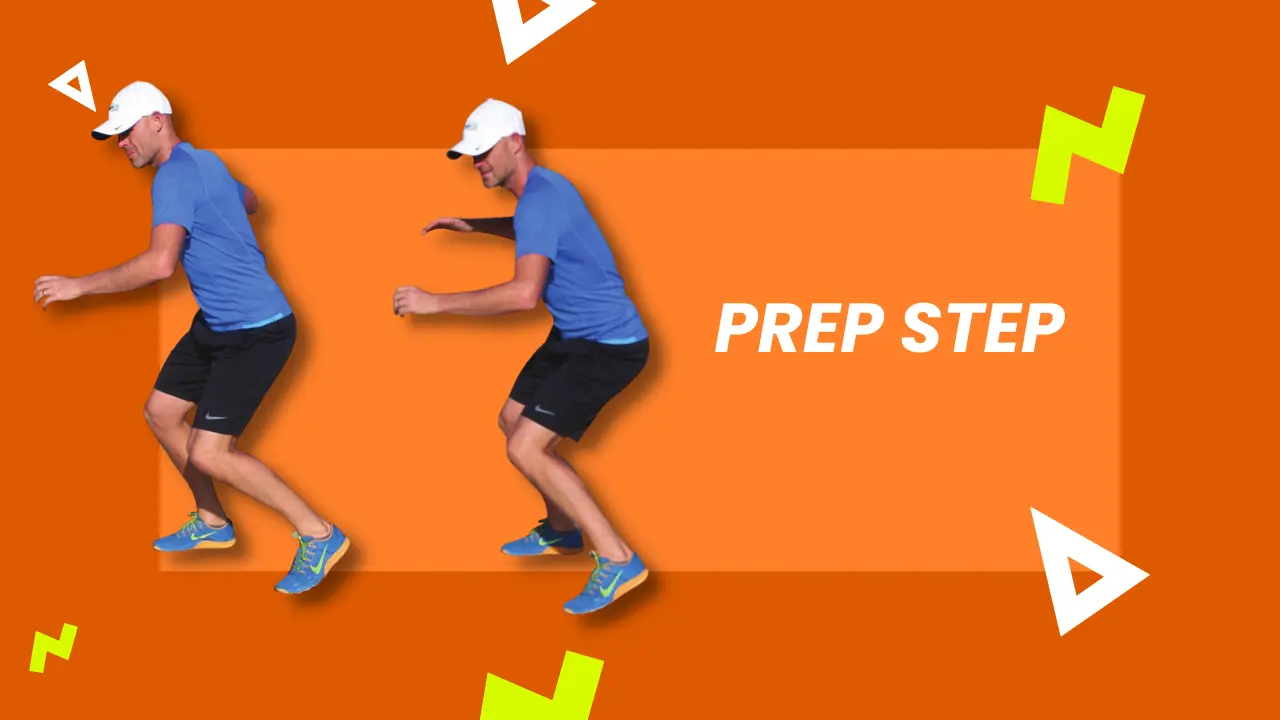
Prep steps are short, quick steps used as you approach and set up for a shot.
In pickleball, since the court is smaller, your ability to take quick, controlled steps into the right position is even more critical. Instead of lunging or overreaching, stay balanced with fast, light prep steps to hold posture and stay ready for any last-second ball movement.
✔ Use when moving forward to the kitchen line or repositioning on groundstrokes
✔ Stay on your toes, knees slightly bent, and eyes forward
✔ Helps avoid overcommitting and keeps you balanced before the shot
2. Split Step
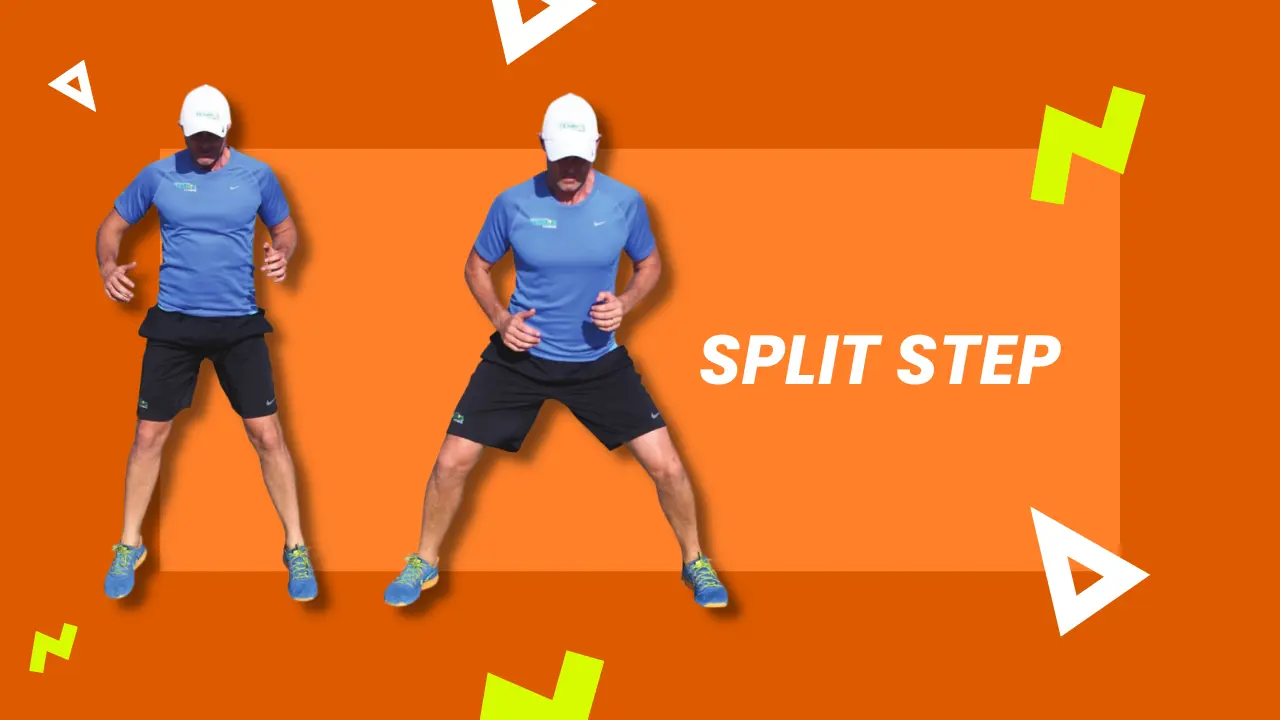
The split step is the starting point for explosive movement in any direction.
In pickleball, you should time your split step as your opponent is about to strike the ball—this keeps you reactive and dynamic.
✔ Jump slightly off the ground, land on the balls of your feet
✔ Push immediately into the direction of the ball
✔ Split stepping at the wrong time = late movement
Film yourself or have a coach check your timing. Getting the split step right could be the key to reaching more shots at the kitchen or baseline.
3. First Step
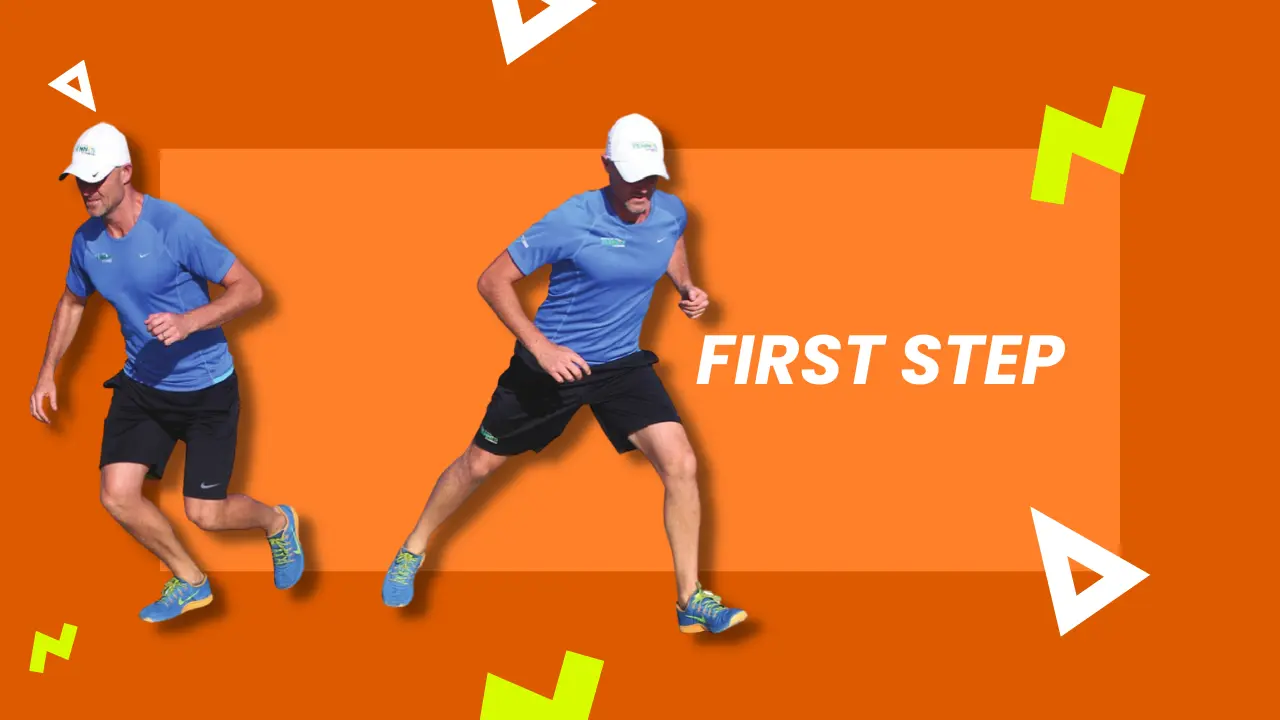
The first step is where quick reactions win points.
In pickleball, rallies are short and sharp. That means the first 1–3 steps can decide whether you’re in position—or picking the ball off the fence.
✔ Drive your foot hard into the ground in the direction of the ball
✔ Lead with the closest foot unless using a cross-step
✔ Lean toward the target direction and stay aggressive
This step isn’t just physical—it’s mental. An assertive first step builds confidence and helps you anticipate and attack every ball.
4. Transition Steps
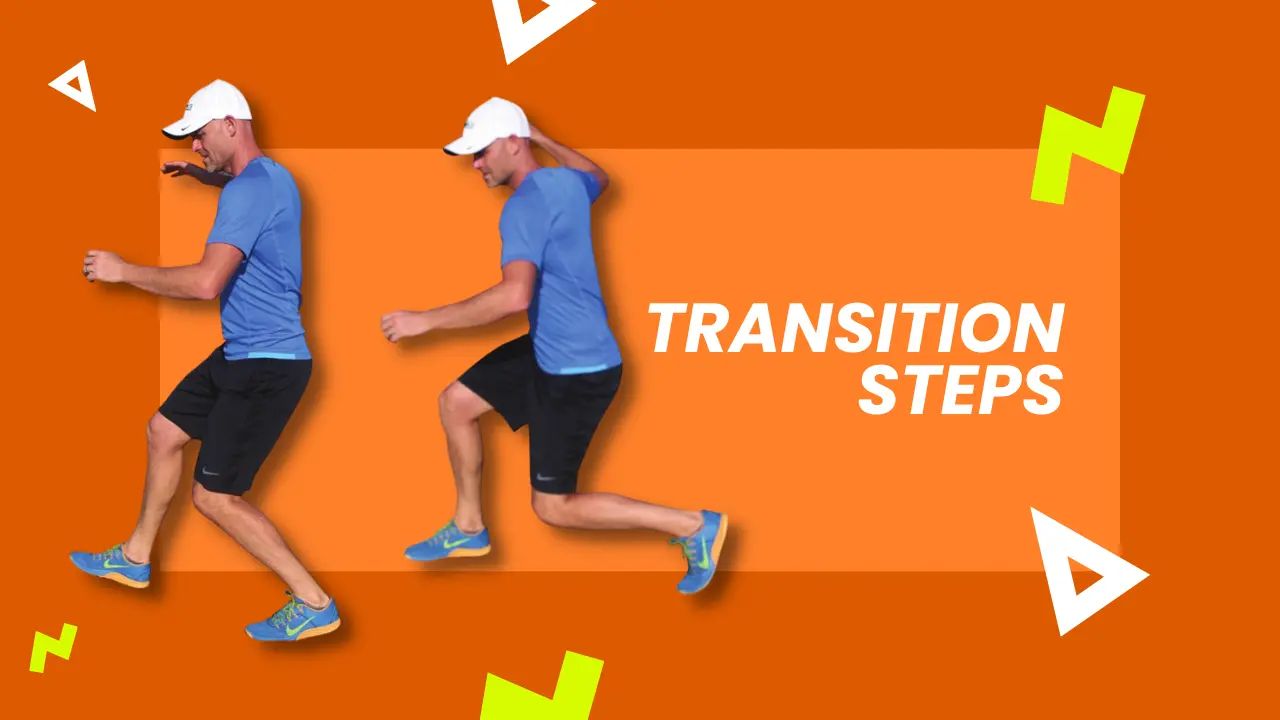
Transition steps happen when you’re changing direction—especially when recovering after a shot or reacting to a fast-paced rally.
One of the most overlooked parts of pickleball movement is braking—slowing down efficiently before recovering or changing direction.
✔ Focus on short, balanced steps with good posture
✔ Shift weight to maintain control
✔ Helps you avoid lunging or reaching, which leads to errors
Whether you're backing up from the kitchen or resetting after a lob, transition steps help you stay in control and recover faster.
5. Multi-Directional Steps
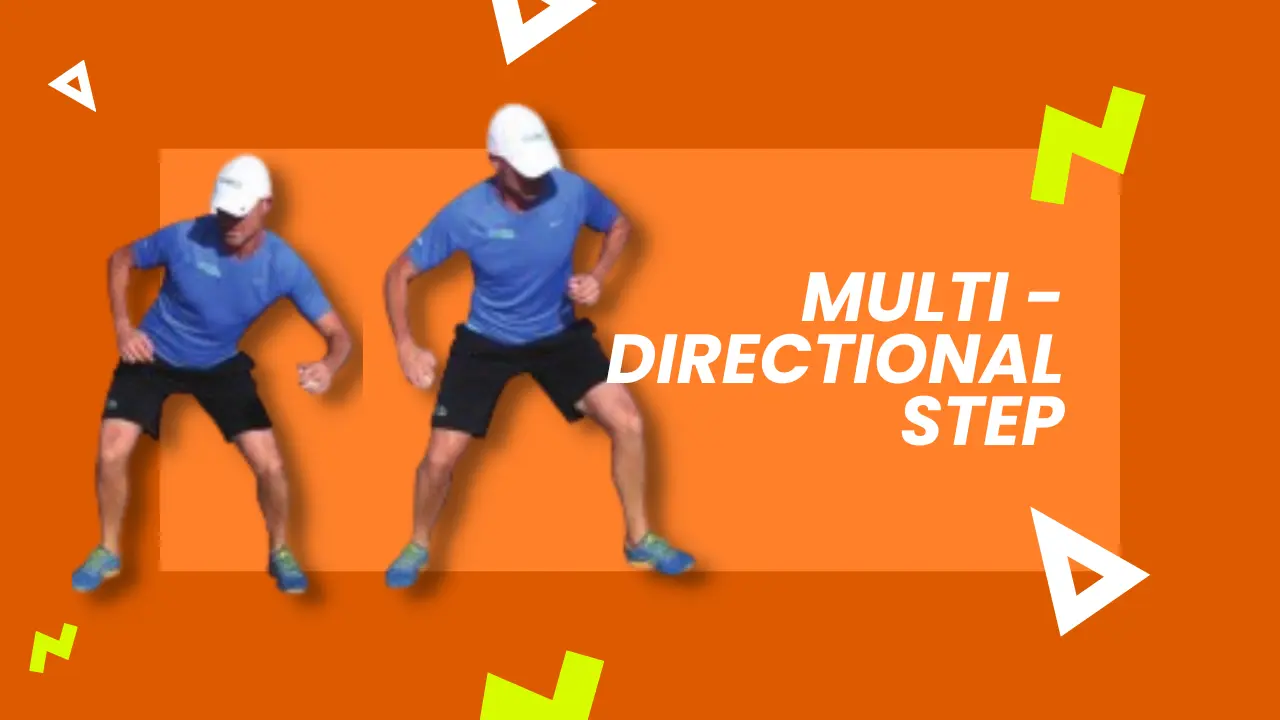
Pickleball isn’t just side to side. Players move forward, backward, laterally, and diagonally—often in the same rally.
That’s where multi-directional movement comes in. It combines all five of the previous movement types to help you adjust and flow naturally on court.
✔ React to any shot and reposition faster
✔ Helps maintain balance across all shot types
✔ Builds agility and coordination for rallies and recovery
Try reactive movement drills without your paddle (like live ball chases) to focus purely on your movement and change of direction.
Want to Go Further?
🔥 The Pickleball Workouts Program – Just $59.99
A complete system to improve court movement, footwork, core strength, injury prevention, and endurance.
✔ Structured weekly workouts
✔ No gym required
✔ Suitable for all levels
✔ Built by world-class trainers

